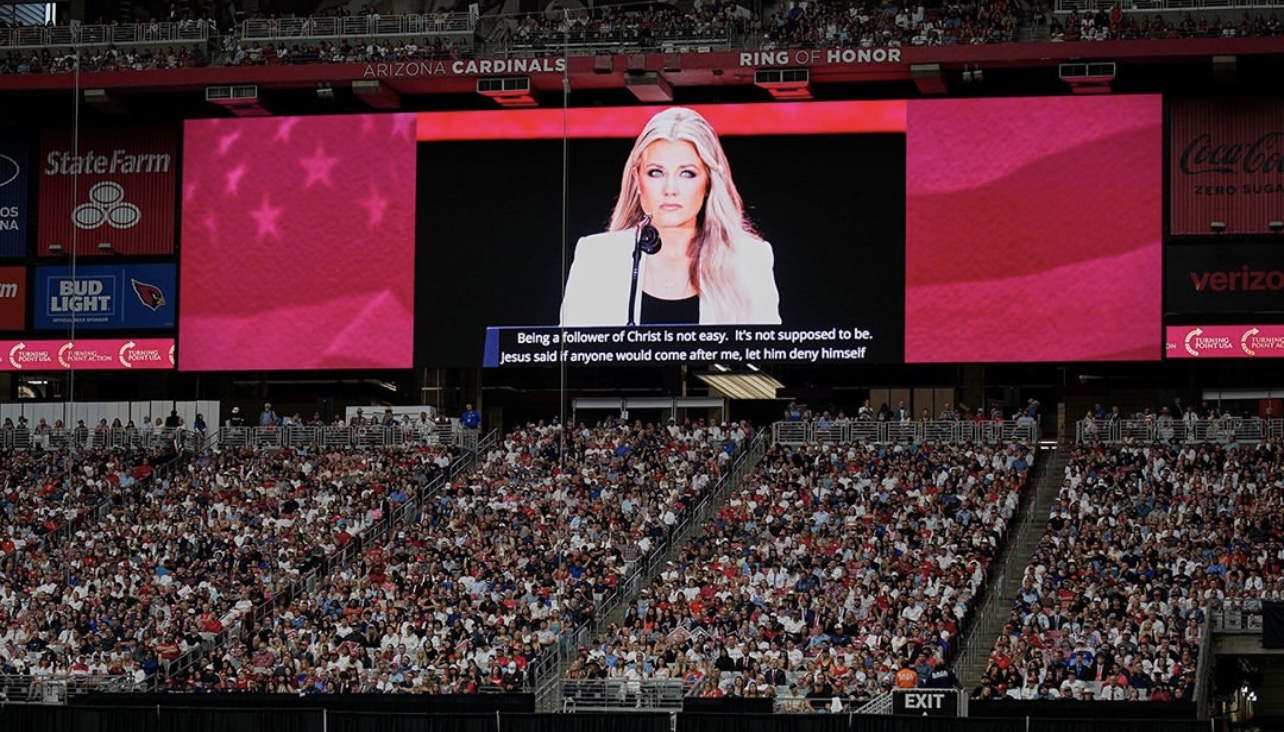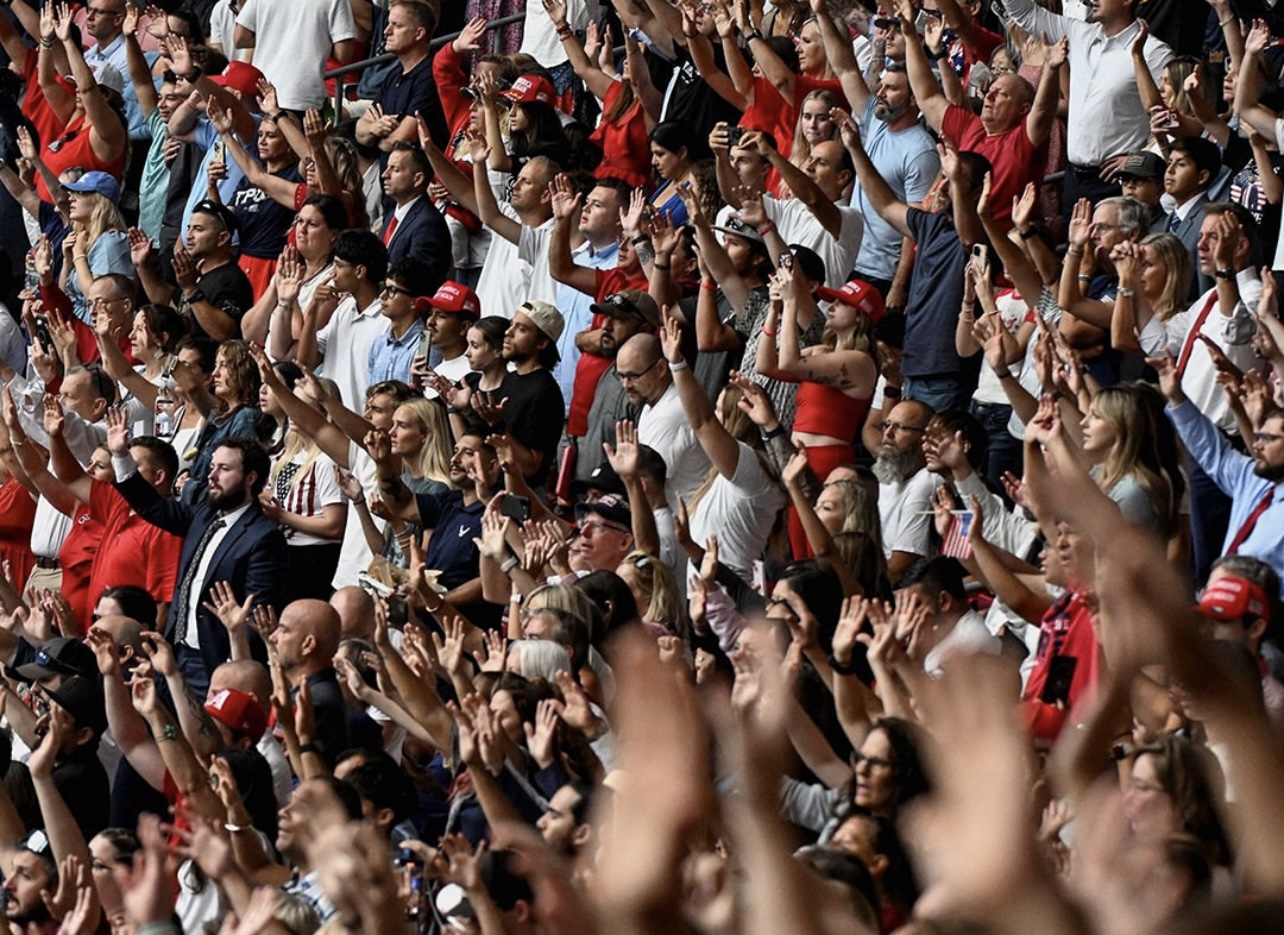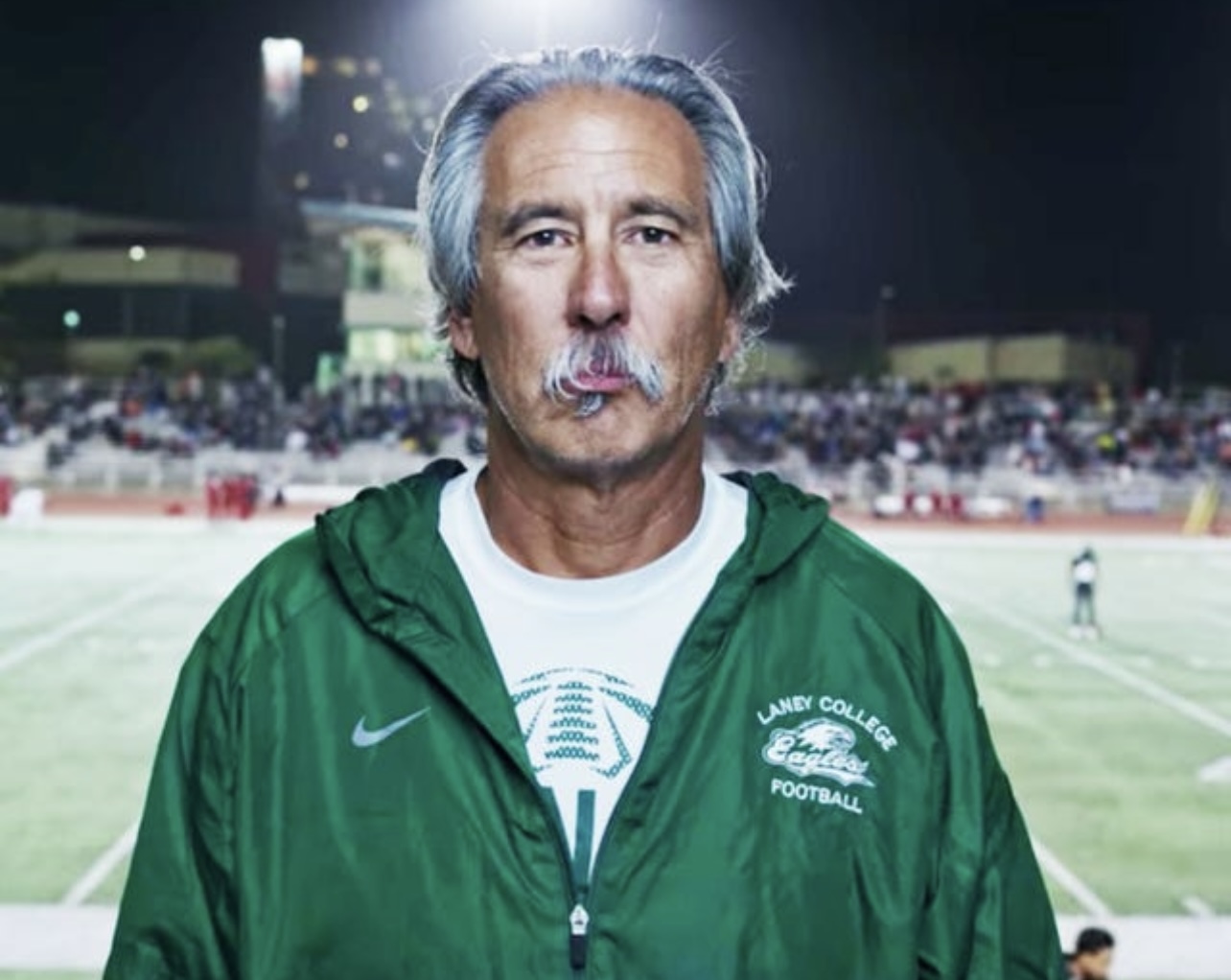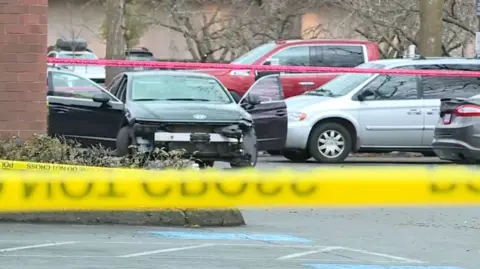Tens of thousands of mourners gathered Sunday at State Farm Stadium and nearby overflow areas to honor conservative activist Charlie Kirk, whose fatal shooting on Sept. 10 at a Utah university has shaken political circles and reignited debates about political violence. The event blended religious worship, musical performances and high-profile political tributes, and featured remarks from President Donald Trump, Vice President J.D. Vance and Kirk’s widow, Erika Kirk.
President Trump delivered a forceful eulogy in which he praised Kirk as a “great American” and framed his death as an attack on conservative values, drawing loud applause and chants from the crowd. Trump’s remarks mixed personal recollection with sharp criticism of his political opponents, a tone that some observers said turned parts of the memorial into a de facto political rally.
One of the most arresting personal accounts came from Christian apologist Frank Turek, who said he had been nearby when Kirk was shot and later rode in the vehicle carrying him to the hospital. Turek described Kirk’s final moments as peaceful — saying Kirk’s eyes were “looking past me right into eternity” — and told the audience the team “did everything we could to save” him.

Erika Kirk’s speech was the emotional heart of the service. In remarks that many attendees found striking, she publicly said she forgave the man charged in her husband’s killing, framed her response through her Christian faith, and announced she would carry on Charlie Kirk’s work — including taking a leadership role at the organization he founded, Turning Point USA.
Authorities say 22-year-old Tyler Robinson has been arrested and charged with aggravated murder and related offenses in the Utah shooting; prosecutors have said they intend to seek the death penalty. The charges and the details uncovered in the investigation have been central to on-site security planning and post-memorial legal developments.
Music and worship framed much of the day. Contemporary Christian performers — including Chris Tomlin, Brandon Lake, Phil Wickham and Cody Carnes — played to crowds that arrived hours before the official start, creating an atmosphere part-revival, part-memorial. Organizers and local officials reported massive registration numbers for the event; estimates of actual attendance varied across outlets, with some reports putting stadium and overflow crowds in the tens of thousands and others citing registration totals that exceeded 200,000.

Security was tight before and during the service. Local and federal authorities coordinated to secure the venue and nearby areas after the high-profile killing and the arraignment of the suspect; at least one armed individual was arrested outside a memorial-related site, according to reporting.
Reactions to the memorial were mixed outside the stadium. Supporters praised the tributes and called the event a powerful recommitment to youth outreach and conservative organizing. Critics argued that some speakers’ partisan language risked deepening polarization and that comparisons of Kirk to historical civil-rights figures — advanced by a few voices during the service and on social media — were inappropriate and inflammatory. The coverage underscored how the killing has become a flashpoint in wider national conversations about rhetoric, safety at political events and the boundaries of public mourning.
What’s next?
The legal case against the accused shooter will continue in Utah courts; prosecutors have filed intent to seek capital punishment on aggravated-murder charges. Meanwhile, Turning Point USA and Kirk’s family have signaled plans to continue organizing and public events in his name — moves that are likely to keep the story in the national spotlight as investigations and political debate proceed.



